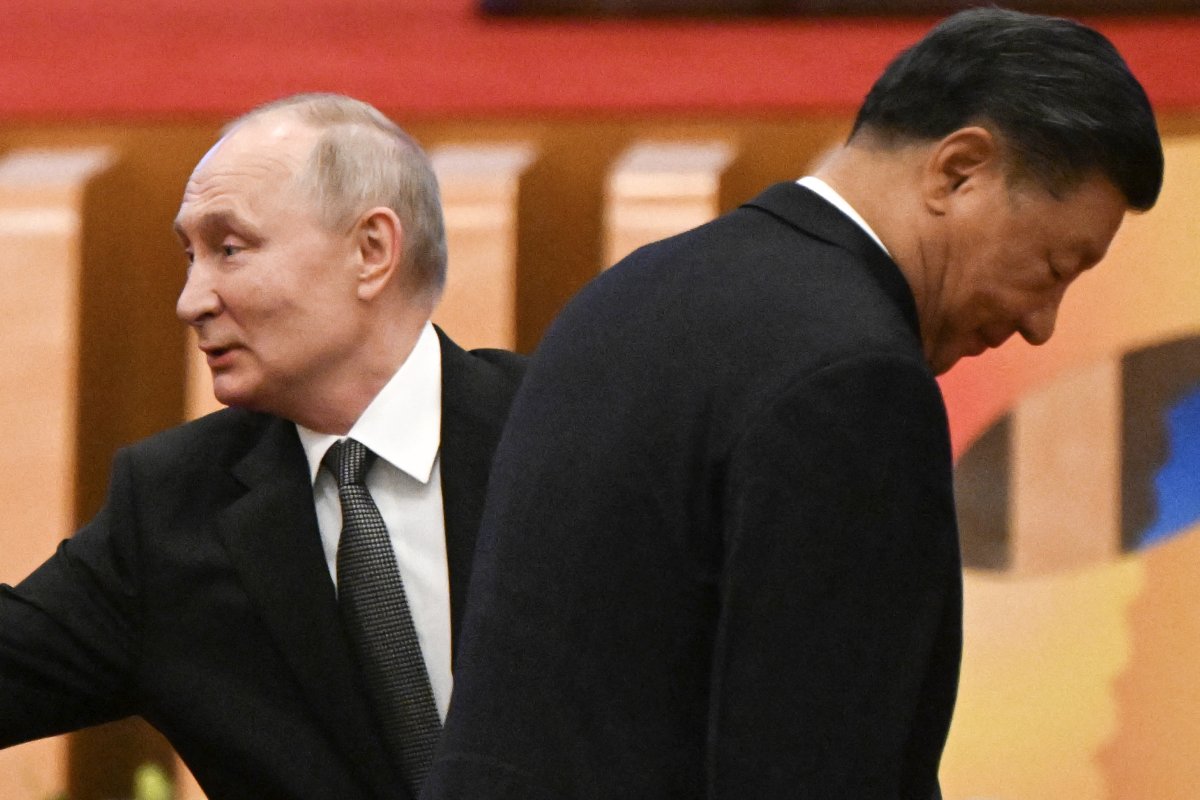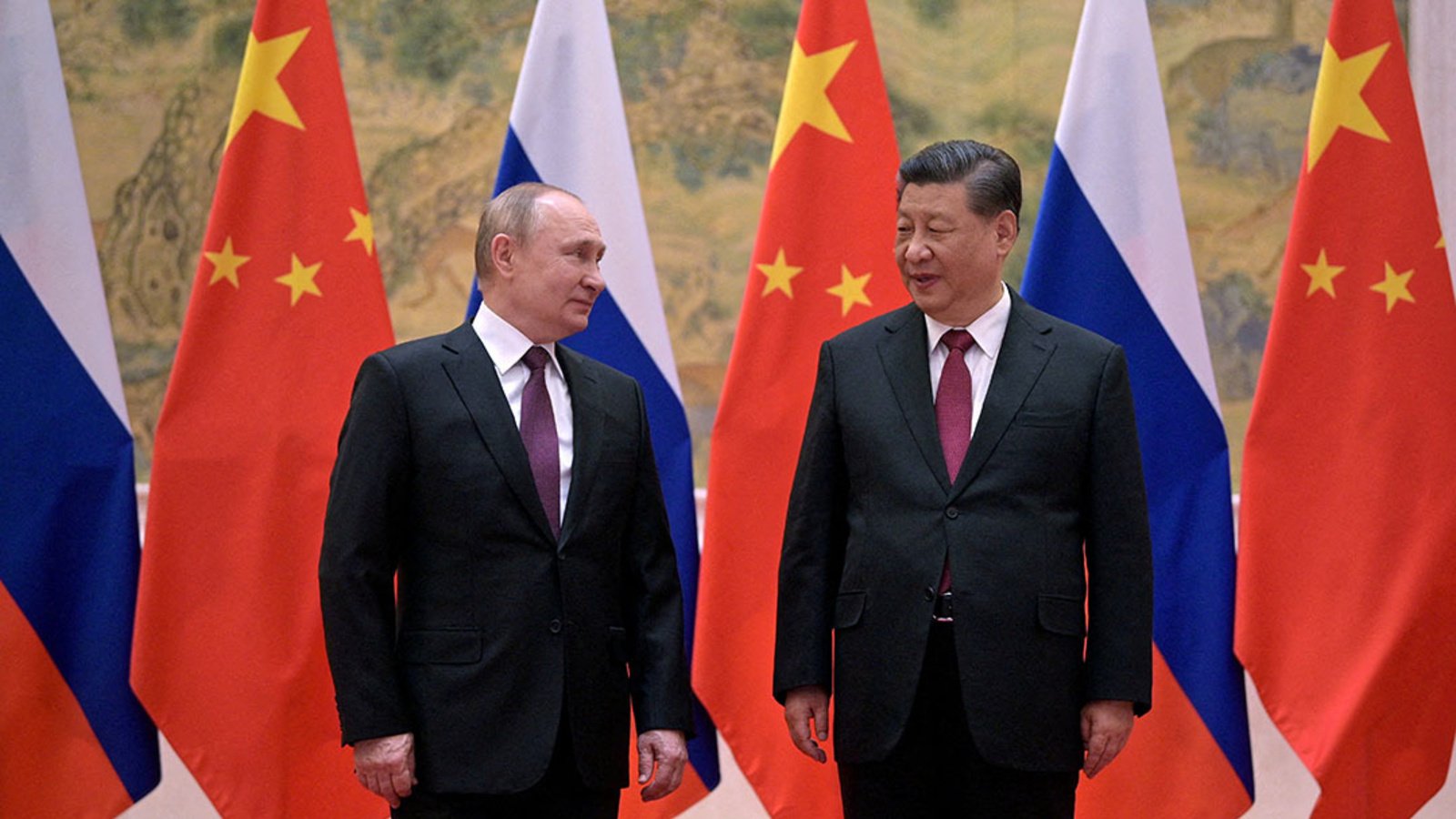China’s state-owned banks are reportedly scaling down financial support to Russian clients over concerns about potential U.S. sanctions according to Newsweek 90. At least two banks are reviewing their Russian operations, planning to cut ties with U.S.-sanctioned clients and halting financial services to the Russian military sector. The move follows the U.S. Treasury Department’s announcement of secondary sanctions on foreign financial firms aiding Russia’s actions in Ukraine. While Kremlin spokesperson Dmitry Peskov downplayed the matter, citing strong trade relations with China, this shift signals a potential economic setback for Russia and underscores China’s cautious stance amidst Western sanctions.

Photo from Newsweek
Impact on Russian Economy
Chinese banks’ reassessment poses a challenge to Russia, previously buoyed by China’s financial support amid Western sanctions. The move indicates Beijing’s hesitancy to fully align with Moscow, potentially leaving Russia economically vulnerable.
Western sanctions have already weakened Russia’s financial position prompting increased reliance on China. Despite robust energy trade, concerns arise about whether China’s support can adequately substitute the economic gaps left by departing Western investors.
The alleged fear of U.S. sanctions underscores China’s strategic ambiguity, revealing a delicate balancing act between maintaining ties with Russia and avoiding economic repercussions from the West.
READ ALSO: U.S. Ambassador To Ukraine Takes Shelter In Bunker Amid Russia’s Intense Assault
China’s Position and Russia’s Concerns
China’s hesitation to fully support Russia in the Ukraine conflict raises questions about the depth of their alliance. While trade relations remain substantial, the reduction in financial backing suggests Beijing’s wariness of potential fallout from backing the Kremlin amid escalating global tensions.
Russia’s increased reliance on China for financial transactions, including turning to UnionPay after Western payment systems’ suspension, highlights potential risks in their asymmetrical economic partnership.
Experts caution that while China’s current energy trade benefits, Russia should tread carefully as Beijing’s strategic interests may not align with Moscow’s, potentially leaving Russia exposed to economic vulnerabilities.
























